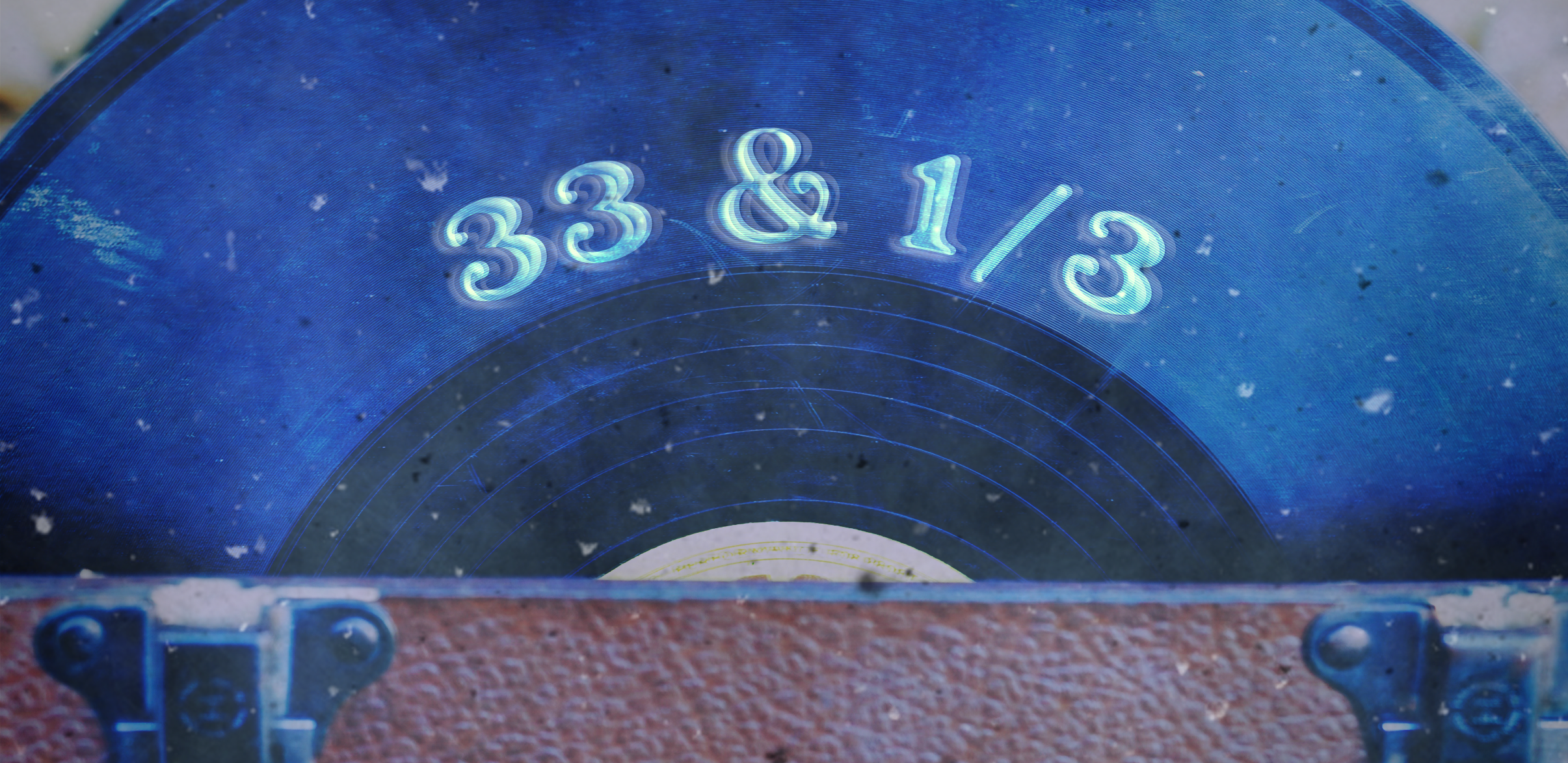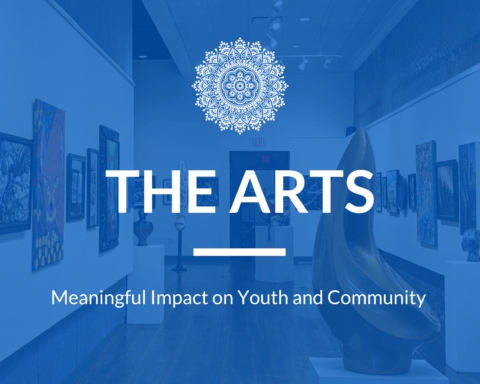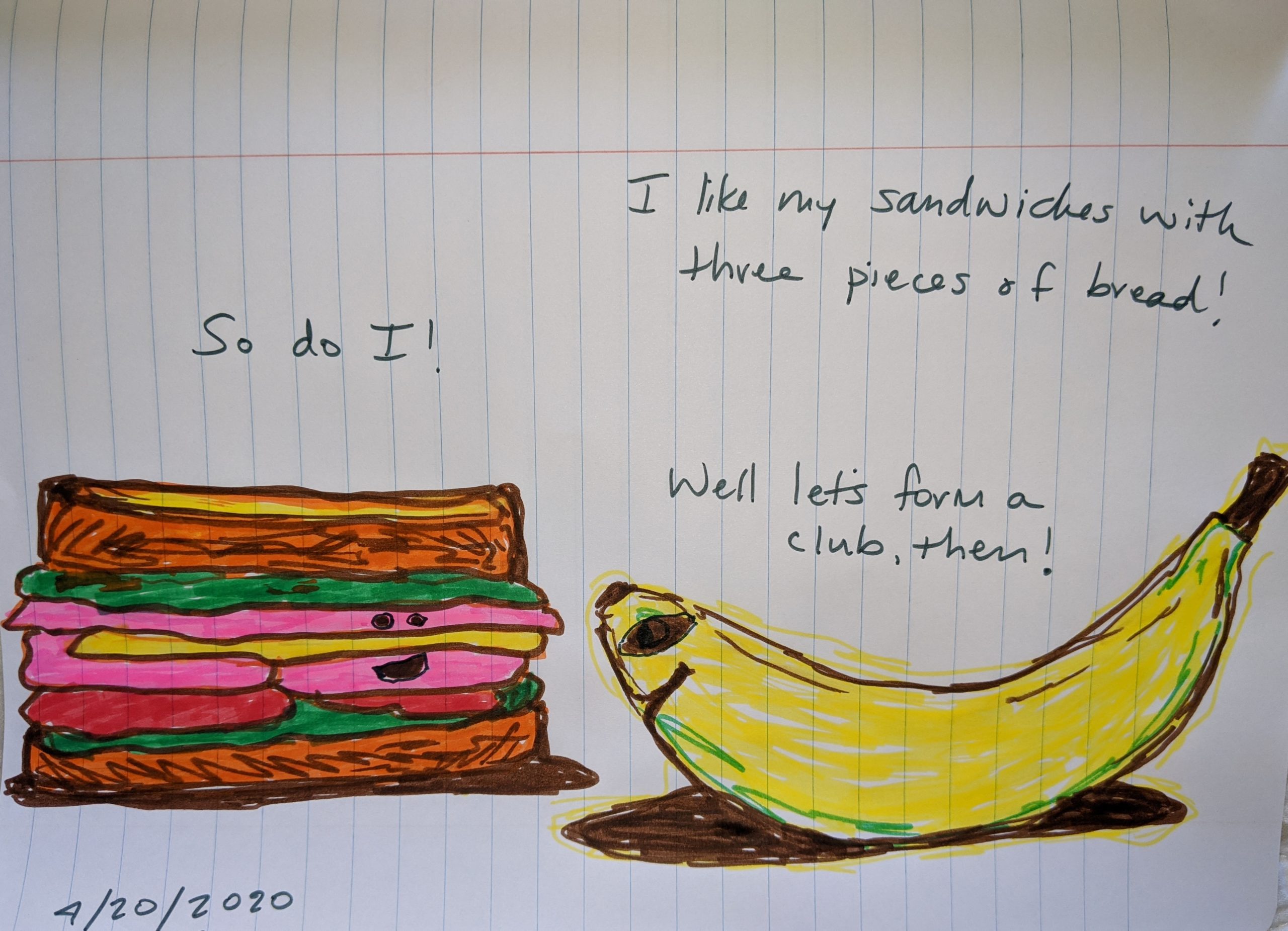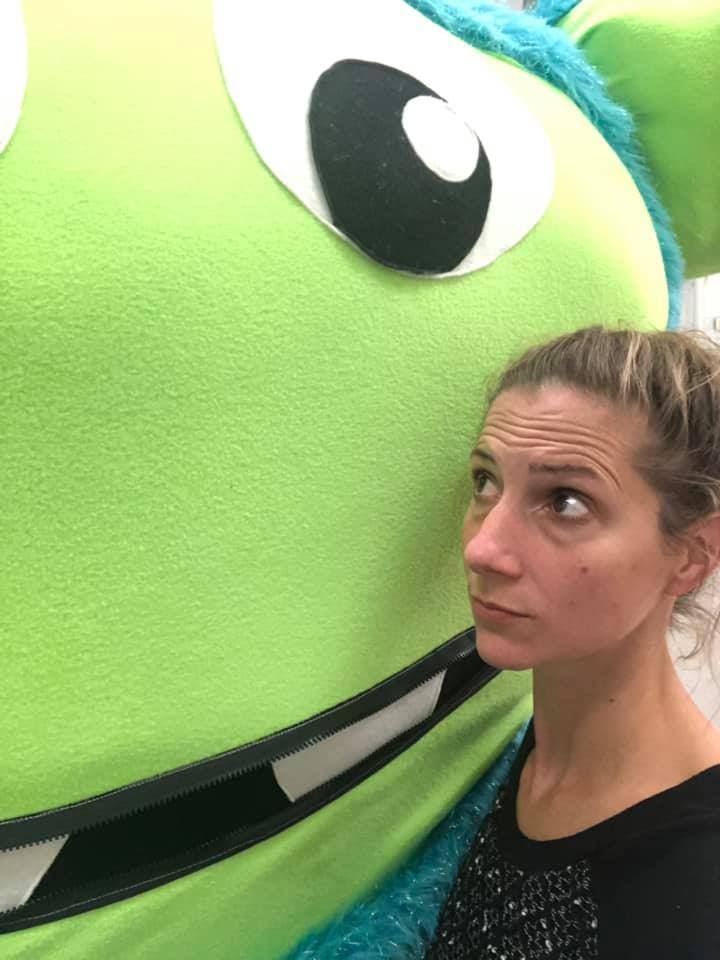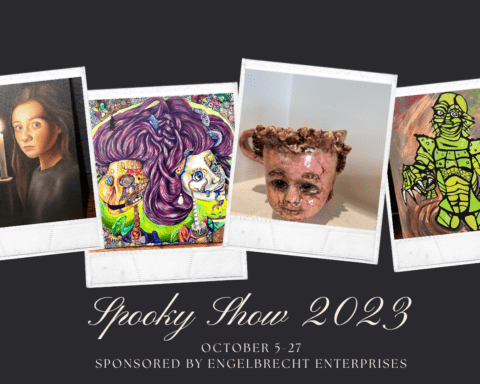33 & 1/3 is a weekly column looking back at the albums and songs of 1970 to coincide with the Arts Council’s 50th anniversary. Community Director Zach Evans will write about one album (33) and one song (1/3) from 50 years ago.
Most musicians and bands don’t release two albums in the same year these days.
The industry is such that insiders say bands really shouldn’t put out full albums every year — the idea is to release singles and smaller releases more regularly to feed the content beast.
But in 1970, there were several acts who released two albums in a year. Black Sabbath released two of the most important albums in metal history in 1970 with “Black Sabbath” and “Paranoid” and Funkadelic released “Funkadelic” and “Free Your Mind .. and Your Ass Will Follow.”
Here’s a good list of other double releases in 1970 (I’m probably missing a few):
• Creedence Clearwater Revival – “Cosmo’s Factory” and “Pendulum”
• King Crimson – “The Wake of Poseidon” and “Lizard”
• Aretha Franklin – “This Girl’s in Love With You” and “Sprit in the Dark”
• Elton John – “Elton John” and “Tumbleweed Connection”
The most interesting double release in 1970 came from a band’s whose following and legacy is not largely connected to their studio releases: The Grateful Dead, which released “Workingman’s Dead” and “American Beauty” four months apart in 1970.
Both albums are a rich chapter in the Dead history, because the pair were a pivot from the electric kool-aid psychedelic sounds in the 1960s to an Americana / roots style in 1970. The stylistic switch is even apparent on the album covers, warm browns, greens and sepia tones versus the bright palette “Aoxomoxoa,” their album before “Workingman’s Dead.”
That Path is For Your Steps Alone

The Grateful Dead
Nov. 1, 1970
Stand-out tracks: “Ripple,” “Brokedown Palace,” “Candyman”
As I said, The Grateful Dead aren’t really known for their studio albums. They have a prolific live career: 37,000 songs performed live, 2,300 concerts, 450 unique songs, 300 cities and 30 years of touring. That’s just for the original Grateful Dead lineup and doesn’t include the subsequent spin-offs featuring members of the band, like The Dead or Dead & Co.
But if you ask most songwriters, musicians, or music fans about the Dead, they’ll probably say they like “American Beauty.” That’s because it’s hard to not appreciate the blending of American folk and rock music, poetic lyrics and woven strings and harmonies — kind of like CSNY, but not.
The album is exquisite, it’s hard to argue that isn’t. But I usually take issue when people say “I really don’t like the Dead, but I did like ‘American Beauty.'” There are differences between the two — the live Dead and the American folk-style studio Dead. But I embrace both deeply. Can’t a guy like a 30 minute Scarlet>Fire jam and a well-crafted 4-minute folk song from the same band?
Onto the actual album. I love the song “Candyman,” because of its slow creepiness and an absolutely beautiful pedal steel guitar solo played through a rotating Leslie speaker by Jerry Garcia.
What makes “American Beauty” so eternal to me is the songwriting marriage of Jerry’s roots-y musical stylings and Robert Hunter’s brilliant lyrics.
Much like the relationship between Elton John and Bernie Taupin, Robert Hunter would write lyrics and Jerry would write the music.
Hunter was a true American poet, with an ability to tap into the cultural psyche and tell us about it. “American Beauty” wasn’t the first album featuring lyrics by Hunter, but to me it’s his finest showcase and the best song on the album is “Ripple.”
“If my words did glow with the gold of sunshine
And my tunes were played on the harp unstrung
Would you hear my voice come through the music
Would you hold it near as it were your own?”
The song has lyrics that invokes both Western religion and Eastern poetic style. The third verse, of which Hunter said he was most proud to write, is filled with biblical imagery, with phrases like, “Reach out your hand if your cup be empty / If your cup is full may it be again” and — the favorite line he ever wrote — “Let it be known there is a fountain / That was not made by the hands of men.”
Then there’s the chorus, which is a 17-syllable haiku poem washed in mystery.
“Ripple in still water
When there is no pebble tossed
Nor wind to blow”
Combine that with major key melodies, David Grisman on mandolin, rich harmonies and a sing-a-long ending of la-di-das, and you have one hell of a song.
What a Long Strange Trip it’s Been
Bob Weir recently mentioned on the podcast “Broken Records” in a conversation with Rick Rubin he wished the band had done more work in the studio. I do too. I love the energy and vibe of a well-connected, breathing live performance, but the artistry and intention that comes out in albums is unmatchable.
Jerry has been dead for 25 years and Robert Hunter died last September. In 1970, Rolling Stone reviewer Andy Zwerling said “American Beauty” would be enjoyed for the next 20 years. Jerry has been dead for 25 years and Robert Hunter died last September, but the songs are still loved and played to hundreds of thousands of fans every year (well, not this year) by surviving members in the off-shoot Dead & Co. featuring John Mayer and Oteil Burbridge.
I think it’s deeply appreciated at 50 and will be talked about and listened to for its 100th anniversary.
I Spent a Little Time on the Mountain

Workingman’s Dead
The Grateful Dead
June 14, 1970
“New Speedway Boogie” will make me noodle dance every time. You know, that stereotypical Dead-head hippy dance? Yeah, that’s all 6’7″ of me when I hear this song live.
I love this song for its groove, for the memories I have with it and for the memories I was hoping to have with it in the future.
I was in a string band called the “Pocket City Pushers” in the early 2010s and “New Speedway Boogie” was one of the first covers we practiced.
I had just performed my first gig as a keyboardist with Calabash in Cincinnati just days before our region began locking down. We played several Dead songs that night. We didn’t perform “New Speedway” but with gigs lined up in the coming weeks and months, I’m sure we would have (if it were a gig they invited to me play).
One day soon, we’ll all be boogying — at least, I hope.
Zach Evans is the Arts Council of Southwestern Indiana’s Community Director. When life returns to normal, you can find him performing around town with his band Corduroy Orbison. You can reach him at [email protected].
Other 33 & 1/3 posts
Kristofferson & My Guitar Wants to Kill Your Mama
Morrison Hotel & Isolation
Published April 18, 2020.
